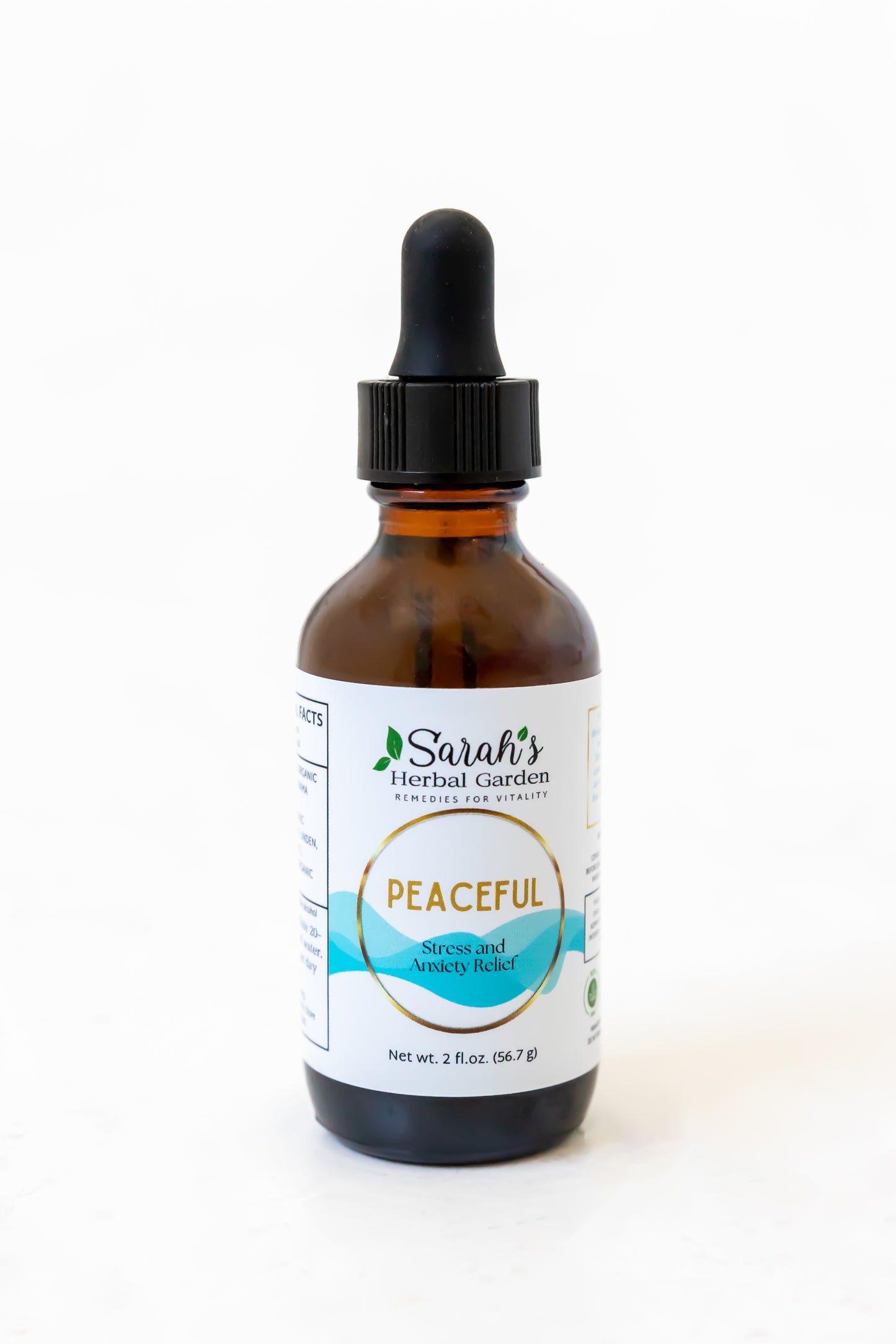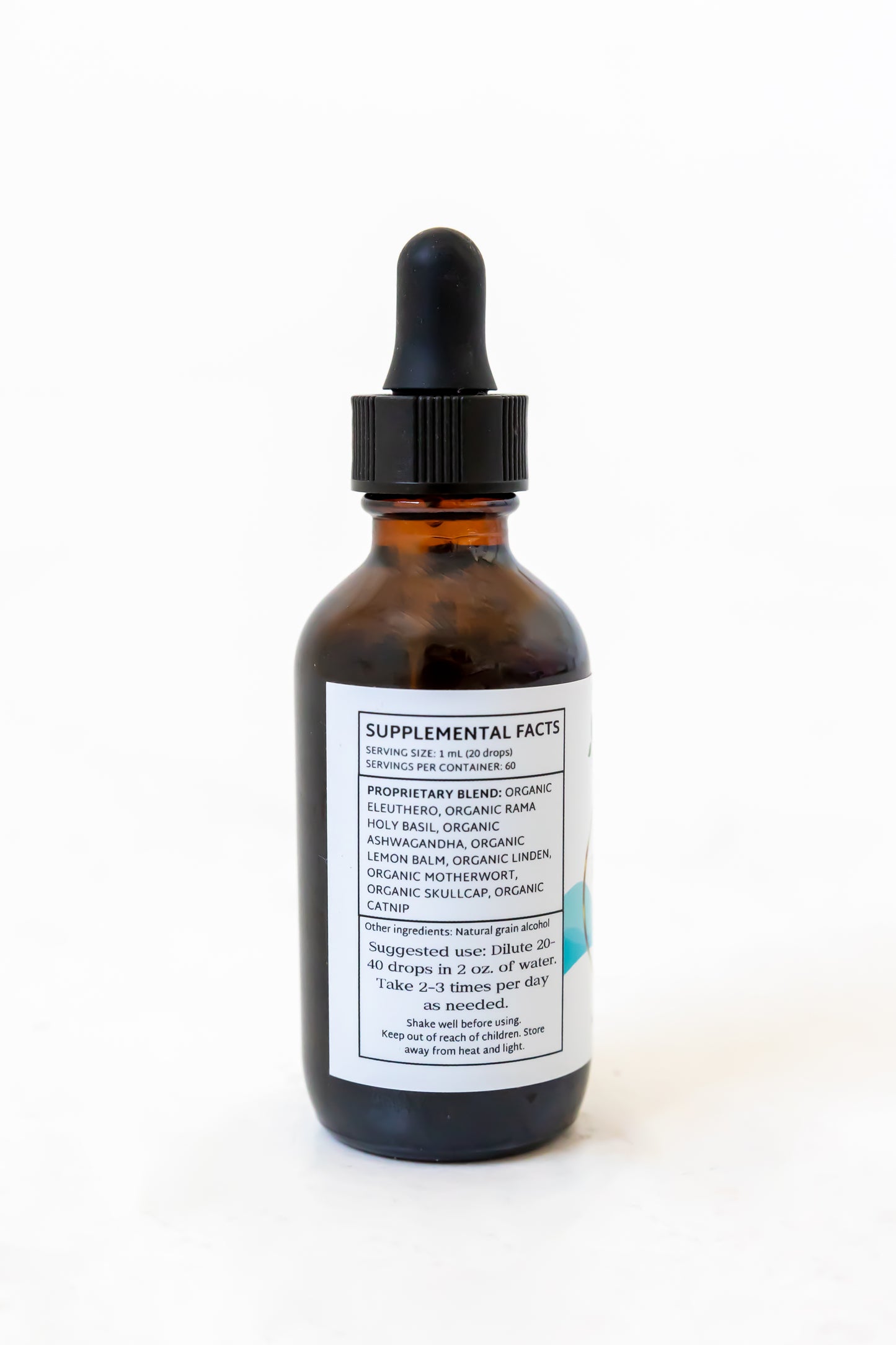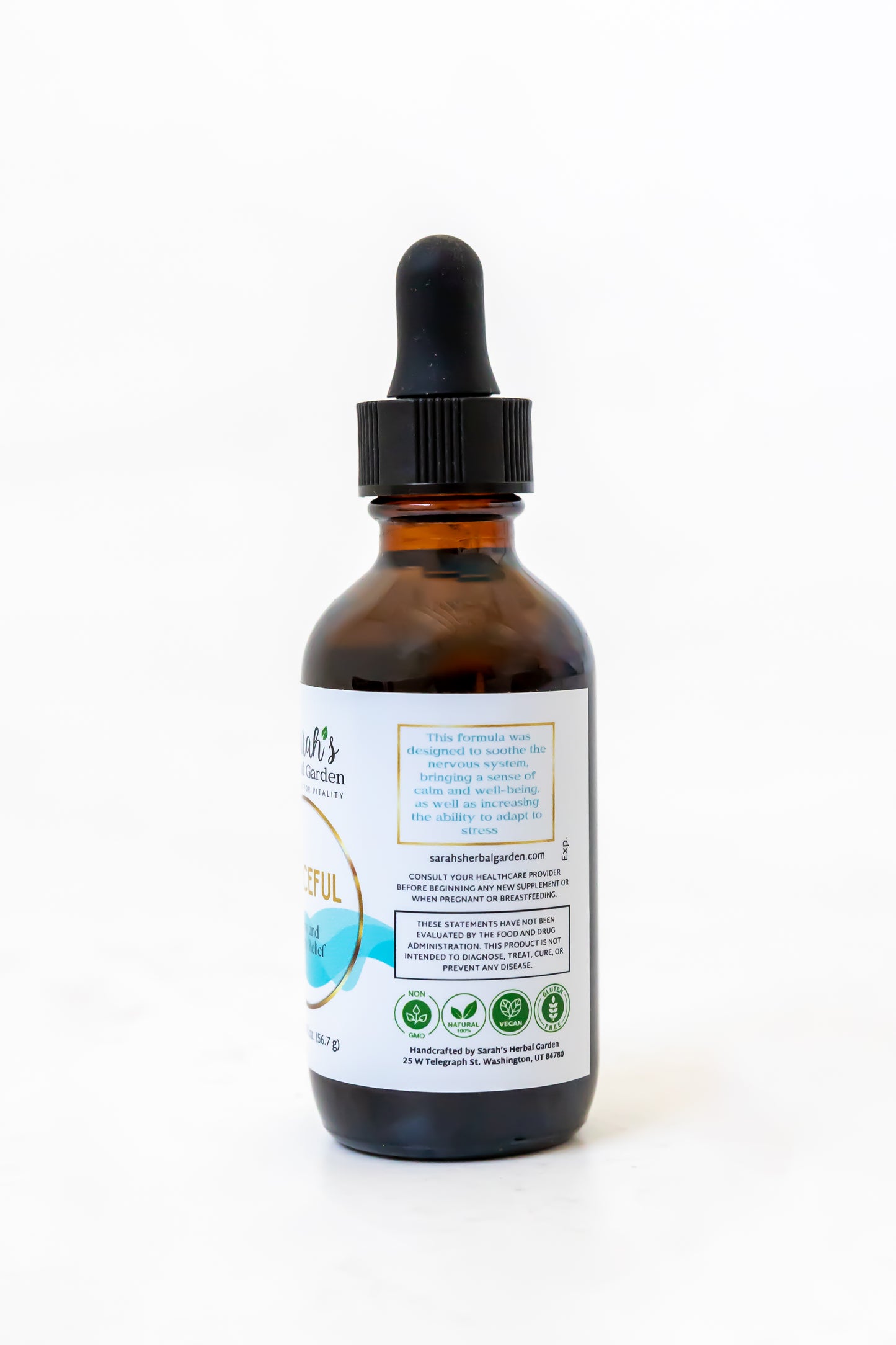
Motherwort
Scientific Name: Leonurus cardiaca
Herbal Profile of Motherwort (Leonurus cardiaca)
Botanical Name: Leonurus cardiaca
Family: Lamiaceae (Mint family)
Common Names: Motherwort, Lion’s Tail, Lion’s Ear, Throwwort, Heartwort
Plant Description:
Motherwort is a perennial herb that grows 2–5 feet (60–150 cm) tall. It has deeply lobed, dark green leaves that resemble the shape of a lion’s tail. The plant produces small, pale pink to lavender flowers that grow in whorls along the upper stems. The plant is native to Europe and Asia but has been naturalized in many parts of North America. Motherwort is commonly found in open meadows, along roadsides, and in gardens, thriving in well-drained soils and full sun.
Parts Used:
- Primary Part: Aerial parts (leaves, stems, and flowers)
- Secondary Parts: Seeds (less commonly used)
Geographical Distribution:
Motherwort is native to Europe, Central Asia, and parts of Siberia. It has been widely naturalized in North America and is found in temperate climates around the world.
Chemical Constituents:
Motherwort contains several bioactive compounds, primarily:
- Alkaloids: Leonurine, stachydrine (with mild uterine and cardiac effects)
- Iridoids: Leonuride, which contributes to anti-inflammatory and antioxidant properties
- Flavonoids: Apigenin, quercetin, rutin (which have antioxidant and cardioprotective effects)
- Phenolic Acids: Chlorogenic acid, caffeic acid
- Volatile Oils: Which contribute to the plant’s medicinal aroma
The alkaloid leonurine is one of the most important active constituents, particularly for its ability to support heart function and uterine health.
Therapeutic Uses and Benefits:
- Heart Health (Cardiotonic):
Motherwort is well known for its ability to calm the heart and improve cardiovascular health. It is often used to treat heart palpitations, rapid heartbeat (tachycardia), and hypertension (high blood pressure), particularly when these conditions are linked to stress or anxiety. Its calming effect on the heart makes it useful for emotional heart symptoms such as palpitations caused by nervousness or panic attacks. - Menstrual and Uterine Health (Emmenagogue):
As an emmenagogue, motherwort promotes menstrual flow and can help regulate delayed or scant periods. It is traditionally used to alleviate menstrual cramps (dysmenorrhea) and symptoms of premenstrual syndrome (PMS), such as irritability and tension. Motherwort is also believed to help ease the symptoms of menopause, including hot flashes and mood swings. - Calming Nervous System (Nervine):
Motherwort is considered a mild sedative and is often used to reduce anxiety, tension, and stress. It is helpful for emotional imbalances such as irritability, restlessness, and insomnia, especially when related to hormonal fluctuations. Its calming effects make it useful for soothing nervousness without causing drowsiness. - Postpartum Support:
Motherwort has a long tradition of use in supporting women after childbirth. It helps to calm the nervous system, reduce postpartum anxiety, and promote uterine tone, assisting in recovery after labor. Its ability to stimulate the uterus may also help with the expulsion of the placenta and reduce postpartum bleeding. - Digestive Aid:
Motherwort has been traditionally used to improve digestion by acting as a digestive bitter, stimulating the production of digestive juices and promoting the absorption of nutrients. It can relieve symptoms of indigestion, gas, and bloating. - Anti-inflammatory and Antioxidant:
Motherwort’s iridoids and flavonoids give it anti-inflammatory and antioxidant properties, which may help protect the body from chronic inflammation and oxidative stress, especially in the heart and reproductive systems. - Blood Pressure Regulation:
Motherwort can help lower blood pressure by relaxing blood vessels and reducing tension in the circulatory system, making it beneficial for people with mild hypertension or stress-related heart issues.
Preparation and Dosage:
Traditional Preparation:
In traditional herbal medicine, motherwort is prepared as a tea or tincture from the aerial parts of the plant. It can also be used in herbal baths or compresses for topical application.
Supplement Forms:
- Dried Herb: Used in teas and infusions.
- Tinctures: Alcohol-based extracts of fresh or dried aerial parts.
- Capsules/Tablets: Standardized extracts for internal use.
- Liquid Extracts: Concentrated motherwort extracts for easy dosing.
Dosage:
- Tea/Infusion: Steep 1–2 teaspoons of dried motherwort in 1 cup of boiling water for 10–15 minutes. Drink 1–3 cups per day.
- Tincture: 1–4 ml of motherwort tincture (in a 1:5 ratio) can be taken up to three times daily.
- Capsules: Typically 300–500 mg of powdered herb per capsule, taken 1–3 times per day as needed.
Note: Motherwort has a bitter taste, and some individuals may prefer taking it as a tincture or capsule rather than as a tea.
Potential Side Effects:
- Uterine Stimulation:
Motherwort has emmenagogue and uterine-stimulating effects, so it should be avoided during pregnancy, especially in the early stages, as it can increase the risk of miscarriage. It may be used cautiously after childbirth to tone the uterus under the guidance of a healthcare provider. - Allergic Reactions:
Some individuals may experience allergic reactions to motherwort, especially if they are sensitive to plants in the mint family (Lamiaceae). - Gastrointestinal Discomfort:
In some cases, motherwort may cause mild gastrointestinal discomfort or nausea when taken in large doses. - Interaction with Sedatives:
Because motherwort has mild sedative effects, it may enhance the effects of sedative medications or other herbs. Caution should be used when combining it with medications for anxiety or sleep disorders.
Contraindications and Interactions:
- Pregnancy:
Motherwort should not be used during pregnancy due to its uterine-stimulating effects. It is often recommended for postpartum recovery but should be used under the guidance of a healthcare provider. - Heart Conditions:
Although motherwort supports heart health, people with serious heart conditions or those taking heart medications should consult a healthcare provider before using it, as it may interact with certain heart medications or exacerbate pre-existing conditions. - Blood Pressure Medications:
Motherwort may lower blood pressure, so it should be used cautiously in individuals taking antihypertensive drugs to avoid excessive lowering of blood pressure. - Sedatives:
Combining motherwort with other sedatives, such as benzodiazepines or barbiturates, may increase the risk of drowsiness and excessive sedation.
Traditional and Cultural Uses:
Motherwort has been used for centuries in European, Asian, and Native American traditional medicine for its calming and heart-supportive properties. The name "motherwort" reflects its historical use to support women's health, particularly for regulating menstruation and aiding postpartum recovery. In European folklore, motherwort was also believed to protect against evil spirits and was often planted around homes for protection.
The ancient Greeks and Romans used motherwort to treat anxiety and heart conditions, and it was a common remedy for nervous disorders in the Middle Ages. Today, it continues to be valued for its ability to ease emotional stress, particularly during times of hormonal change, such as menopause or after childbirth.
Sustainability and Ethical Considerations:
Motherwort is not at risk of overharvesting and is easily cultivated in gardens. However, it’s important to source motherwort products from reputable suppliers that use organic, non-GMO, and sustainable farming practices to ensure the highest quality and minimize environmental impact.
Summary:
Motherwort is a versatile herb with a long history of use in supporting women’s reproductive health, cardiovascular health, and nervous system function. Its ability to calm the heart, regulate menstruation, and soothe anxiety makes it a valuable herb for both physical and emotional well-being. While generally safe, it should be used with caution during pregnancy and for individuals with certain heart conditions. Motherwort's bitter taste may be a drawback for some, but its benefits in promoting overall health and emotional balance make it a key herb in traditional and modern herbal medicine.
Sarah's Herbal Garden
Peaceful {Stress and Anxiety Relief}
Share




